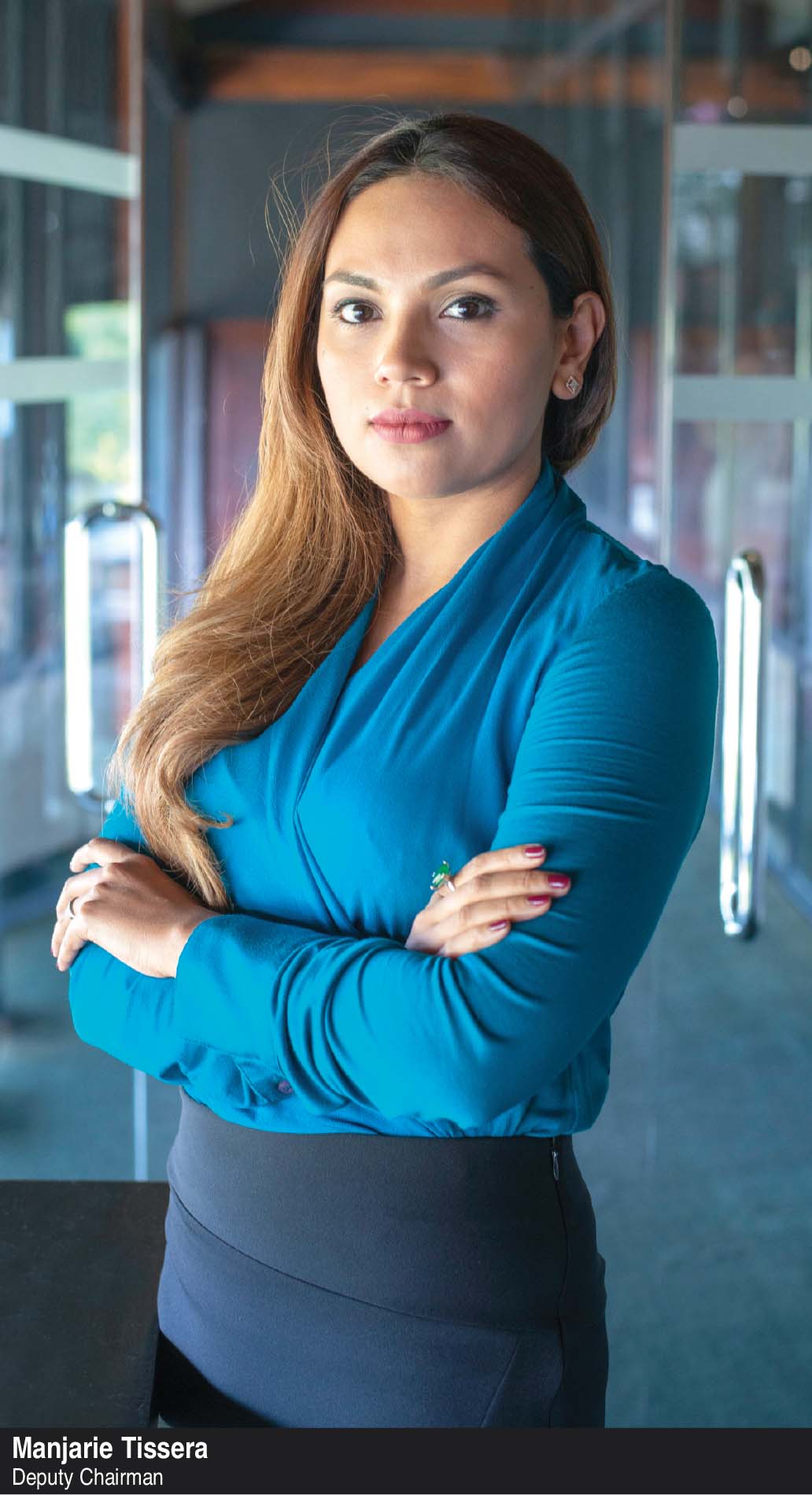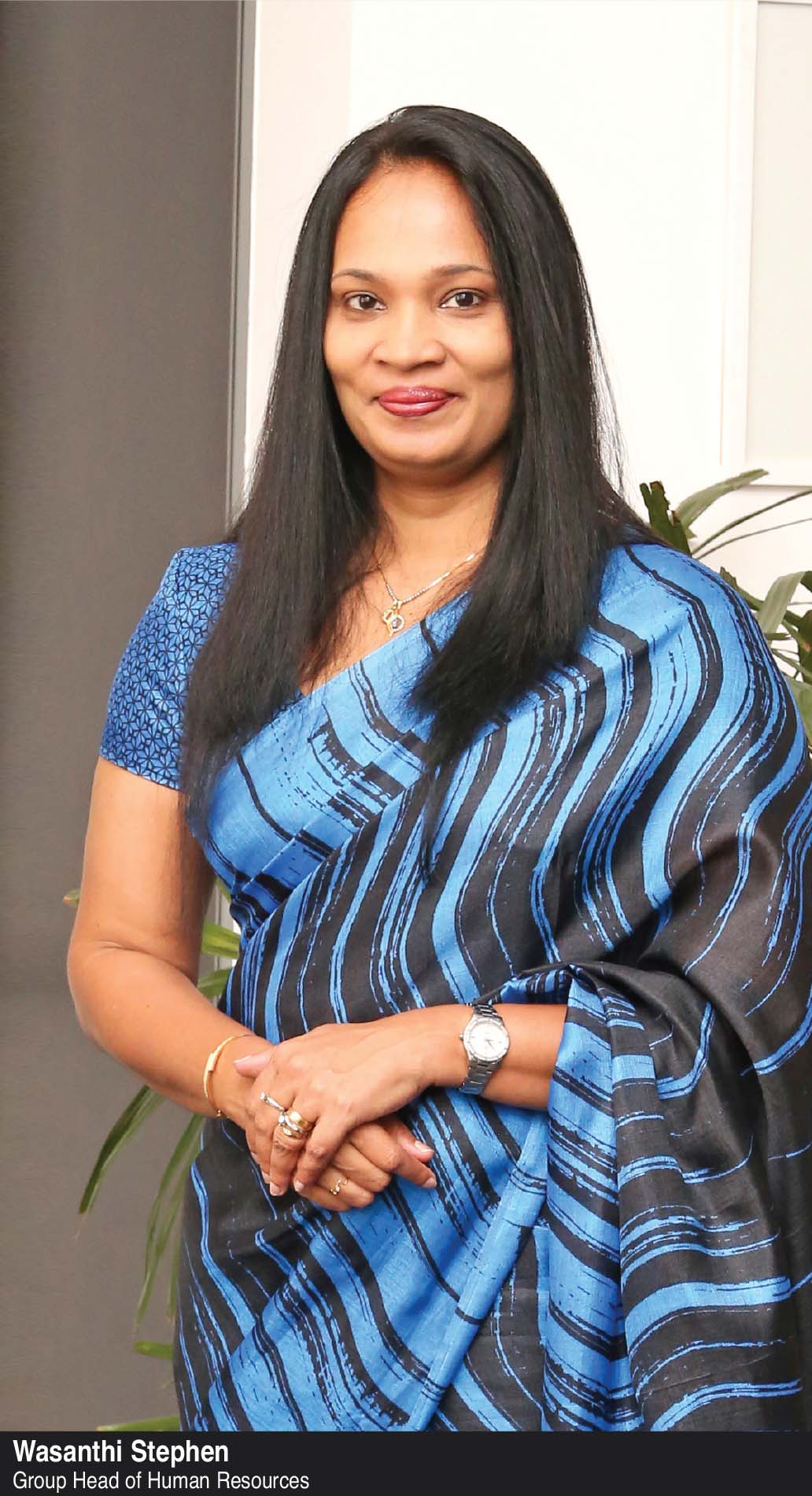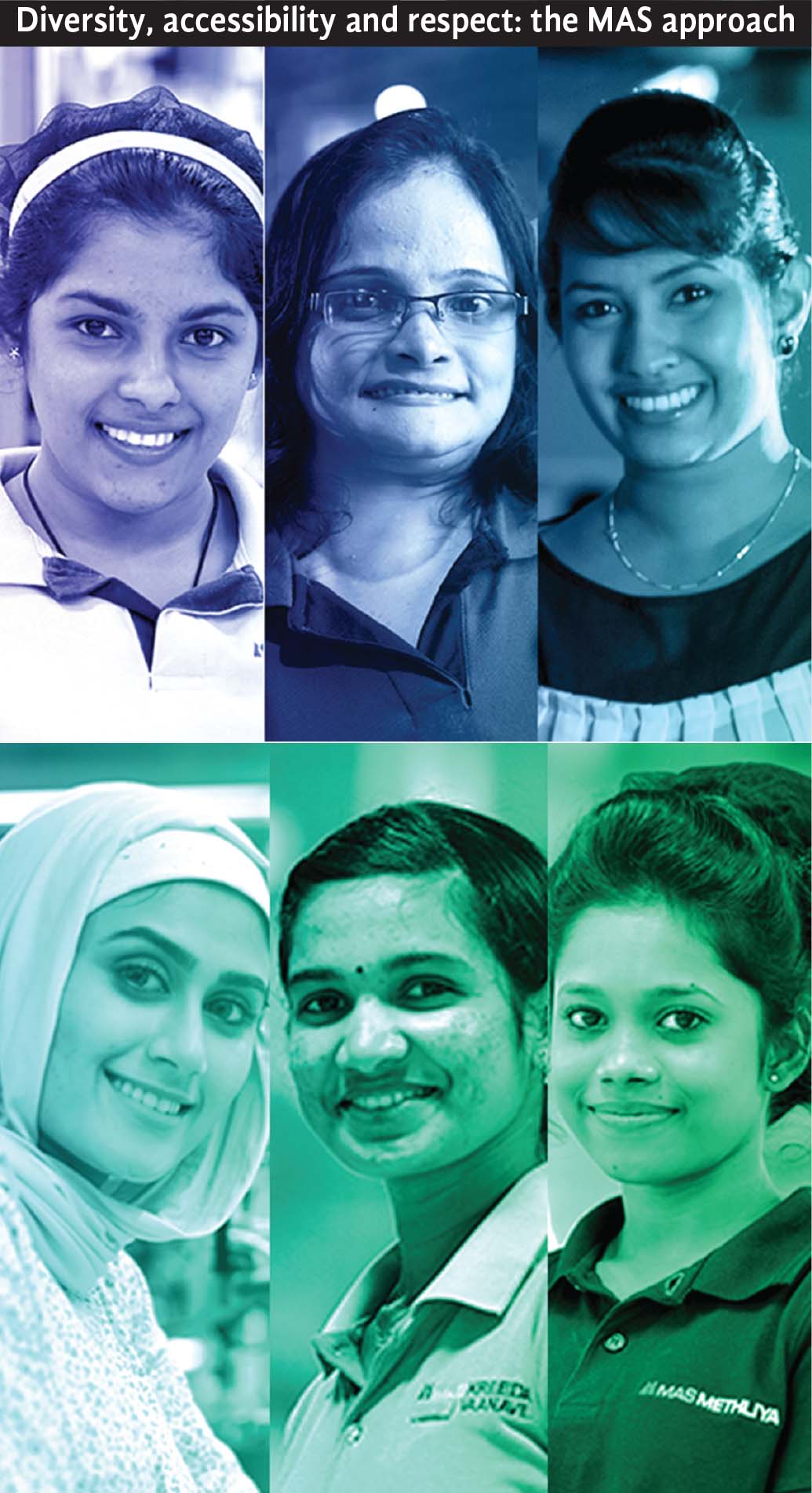JOHN KEELLS PROPERTIES
Q: Could you outline the importance of financial independence for women?
A: Financial independence – or any form of independence – impacts people’s outlook on life and provides them with the confidence to achieve other goals. This applies to men and women but today, it’s more important for women so they can overcome gender stereotypes.
World Bank research indicates that women reinvest 90 percent of their earnings into their families. Therefore, ensuring that they are financially independent benefits society.
The study also notes that 71 percent of assets controlled by women are cash related instruments. These traditional instruments such as savings accounts and fixed deposits provide conservative returns. According to Merrill Lynch, 41 percent of women regret not investing differently later in life.
So I believe that women should consider more complex options such as stocks, bonds, insurance, real estate and so on, which offer better returns in the long term.
Given the data, businesses would benefit from a mix of investors while society as a whole would gain by increasing women’s engagement in this sphere. It will also help women manage toxic and unfavorable situations in their families or society.
Q: Has there been progress in this area in the local context?
A: Yes – but not enough. According to local estimates, about 45 percent of bank accounts are owned by women. However, this falls to between 25 and 28 percent for credit cards, and a mere 16 percent for mortgage loans. Meanwhile, women’s participation in the Colombo Stock Exchange grew by 17 percent over the past decade.
As for John Keells Properties, females comprised nine percent of buyers 15 years ago, which has increased to about 18 percent. While we have progressed, there is room for improvement.
To address this shortfall, we’re working with a research firm and banks to design women friendly instruments. Our aim is to encourage more women to borrow and promote complex investment instruments that provide higher returns.
Q: What challenges do businesswomen face in achieving financial independence?
A: In my view, Sri Lanka’s lending and mortgage system is stringent and restrictive. The prevailing banking system requires proving that one ‘doesn’t need the money’ by offering collateral such as property and other assets before banks decide to lend! As such, it’s difficult for anyone to borrow – not only women.
In addition, Sri Lanka continues to be a male centric society. For instance, assets and inheritances are often written in sons’ names so women have fewer assets in their names. So it can be difficult for women – including wives who may not be actively engaged in their families’ finances – to offer collateral when applying for loans.
The inability to access financial advice can also act as a barrier because women may lack the confidence to consult with financial advisers, stockbrokers and other specialists. We must make resources available through women friendly organisations, awareness programmes and online portals.
While women face challenges in achieving financial independence, we’re witnessing changes among millennials. The stereotyping of roles does not seem as prevalent among younger generations as men and women consider themselves equal. I see this among my son’s generation.
Q: How important is mentorship against this backdrop?
A: Sponsors and mentors are important to anyone in every sphere of life, irrespective of gender. We must build ecosystems comprising networks of mentors so that young women can work with people they relate to and who have faced similar challenges.
This approach is practised in corporates to an extent but should be extended to the grassroots level to engage women across the country. Women’s networks and NGOs could develop mentorship and sponsorship programmes to support women in their bid to achieve financial independence.
Q: So how can the loss of women employees at mid-career be addressed?
A: While many women join the workforce, many also leave due to family obligations as it can be difficult to manage both. This is when organisations must support them. It appears that many corporates merely pay lip service as many women at intermediate levels who have children continue to leave the workforce when they aren’t supported in this difficult phase.
I believe that the system must change to retain talented women. For example, if flexibility is offered, we must also hire additional staff to ensure that work is completed while women employees are away.
A McKinsey study reveals that by advancing gender parity in the workforce, US$ 12 trillion could be added to global GDP by 2025. With statistics indicating that diversity in the boardroom can positively impact the bottom line, businesses must understand that these benefits must be gained at a cost. Therefore, the cost of retaining talent should be viewed as an investment.
Q: What is your vision for businesswomen in Sri Lanka?
A: My dream is that one day, we won’t need to discuss gender – opportunities will be open to everyone, we’ll see equal representation at all levels in society and the world will be a safe place for everyone. This will be when we can consider ourselves equal.







